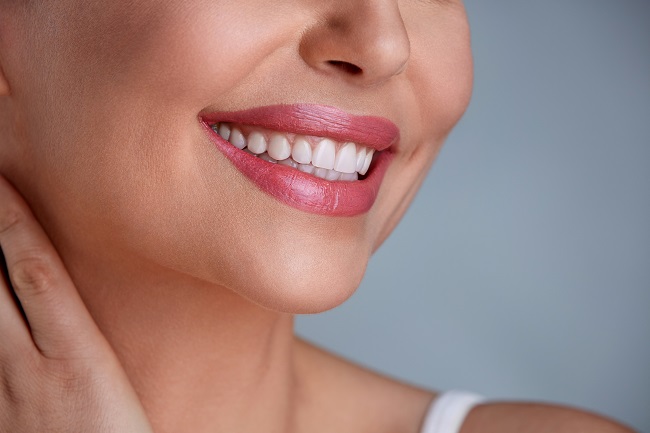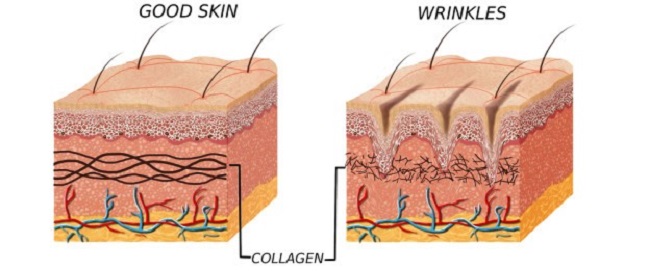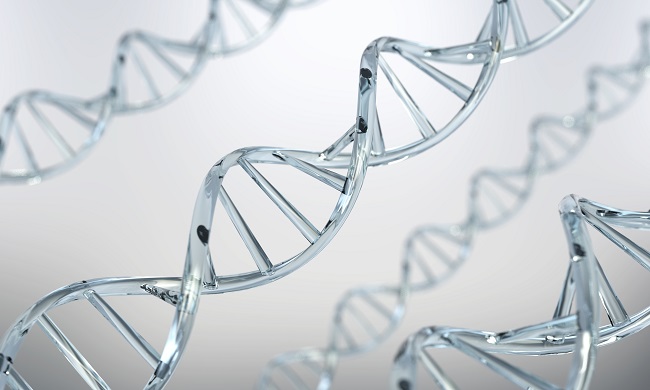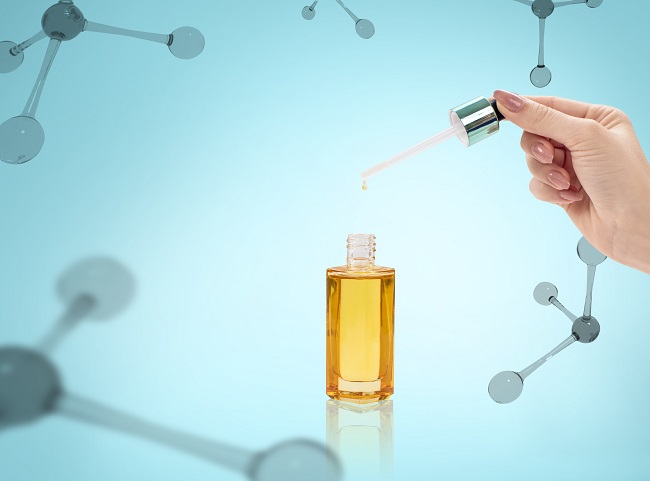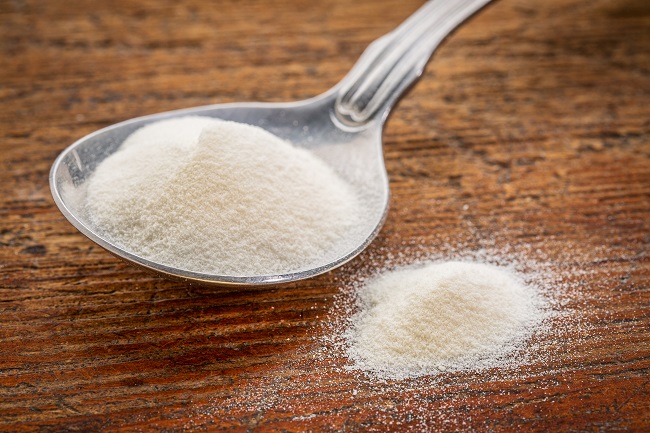Prior to the 1940’s, when processed foods became readily available to the greater populous – due to both an increase in production of manufactured foods and grocery market chains increasing the number of their locations – people consumed bone broths and/or stocks and ate the greater part of animal tissues.
As such, they consumed collagen on a regular, if not daily, basis. This is no longer the case.
With the advent of the processed foods craze and major grocery chains opening in cities and towns across North America, people’s eating habits changed, and collagen consumption was greatly reduced.
When America’s farmland was being cultivated by entire families, able-bodied men, women, and children needed strong bones, muscles, and joints in order to harvest the fields and tend to the animals from sunrise until sunset.
One of the ways that they attained strong bodies was through high amounts of collagen consumption.
Collagen is best-known in North America as a major ingredient in skin care creams and health serums, but consuming collagen for healing joints is just as important, albeit a little more unknown.
Collagen, commonly referred to as the body’s glue, is a natural substance that is the most common protein in the human body. It is called the “glue” because it provides the body’s structure and form. It is the majority of protein in our joints, bones, skin, teeth, arterial walls, and other organs which are vital to our health.
Collagen nourishes and actually stimulates the production of cartilage, connective tissue, and bone. Because of the changeover from abundant natural animal consumption to the overly processed foods of today, there is an increase in major arthritic issues with joint pains and inflammation in Western civilizations.
How Has This Come About In The Last 75 Years Or So?
Simply put: Because of the reduced amount of collagen in our diets.
Hydrolyzed Collagen (HC) is becoming popular as an easy alternative to making broths, which are time-consuming and can be difficult to acquire the whole of the animal parts needed for beneficial collagen intake.
A number of studies over the last few years have concluded that HC consumption at the rate of 10 gm/day is sufficient in improving one’s joint pains and inflammation within two to five months.
An extremely interesting small study of 30 people was performed at Tufts Medical Center in 2011, demonstrating very positive results in rebuilding knee cartilage over a period of 11 months. With a highly specialized MRI technique developed in Australia, they were able to track the HC on its path to the knee joints. MRI’s were taken on Day 1, at 24 weeks, and at 48 weeks. 15 people took a daily placebo and 15 people took 10gm (10,000mg) of HC daily for the duration of the study.
Among the 30 people participating, the group assigned to collagen hydrolysate had significant change to the proteoglycan content in knee cartilage after 24 weeks. Of the placebo group, the results were either neutral (no change at all) or a decrease in the proteoglycan content in knee cartilage after the same checkpoint.
Several studies conducted from 2005-2010 (Gómez-Guillén, López-Caballero, Alemán, López de Lacey, Giménez & Montero, 2010; Jung et al., 2005; Jung, Karawita, Heo, Lee, Kim & Jeon, 2006; Zhang, Kouguchi, Shimizu, Sato, Takahata & Morimatus, 2010; Hou et al., 2009; Moskowitz, 2000), have repeatedly concluded that collagen and gelatin-derived peptides have exhibited numerous other bioactivities aside from skin health which included immunomodulatory activity and beneficial effects on joints.
Fish skin collagen hydrolysates have been shown to affect lipid absorption and metabolism in rats (Saito, Kiyose, Higuchi, Uchida & Suzuki, 2009) while collagen from chicken bones was shown to reduce proinflammatory cytokine production in mice (Zhang et al., 2010).
Most of the studies were carried out using lab rodents, but human studies have also been carried out to the same conclusion, especially in relation to collagen hydrolysates improving joint conditions.
In 2009, another study was conducted in a randomized, double-blind, controlled trial in which 250 subjects with primary osteoarthritis of the knee were given 10 g hydrolyzed collagen every day for six months.
What researchers found was that there was a significant improvement in knee joint comfort as assessed by visual observation as well as the Womac pain subscale. Participants with the most joint deterioration – and with the least intake of animal protein in their regular diets benefited the most from the hydrolyzed collagen.
In a 2008 study by the Department of Nutrition and Sports Nutrition for Athletics at Penn State University that lasted 24 weeks, researchers studied the use of collagen hydrolysate as a dietary supplement in 147 athletes with activity-related joint pain. Student-athletes who competed on a varsity team or a club sport were recruited for the randomized, placebo-controlled, double-blind study. One of the base criteria was that none of the athletes had any joint disease and that the pain was a direct result of the sport or activity they participated in on a daily or at least regular basis.
After the 24-week trial, data from all 147 subject was collected and analyzed and what they found was the group that took the CH compared to the placebo group had statistically significant changes in six test fields, one assessed by a physician (joint pain at rest) and five reported by the study participants themselves (joint pain when walking, joint pain when standing, joint pain at rest, joint pain when carrying objects, and joint pain when lifting.
Results of the Penn State study have implications that taking collagen daily is beneficial for supporting joint health and possibly reducing the risk of joint deterioration.
All of these studies can be found detailed on the Collagen Complete Studies section, found HERE.
How Does Taking A Collagen Supplement Reduce Inflammation?
Inflammation causes an accelerated loss of collagen in our bodies, which ages us faster. Combined with a diet that avoids (as best as possible) foods that cause inflammation, taking a collagen supplement like Collagen Complete will reduce inflammation which can lead to a number of health issues like cardiovascular disease and arthritis.
Collagen Complete has all nine essential amino acids, including glycine, which has been shown to have an anti-inflammatory response.
In addition to taking a daily collagen supplement, the following foods increase inflammation, thus should be avoided or at least, reduced:
- Sugar
- Common cooking oils
- Trans fats
- Dairy
- Feed-lot raised meat
- Alcohol
- Refined grains
- Artificial Food Additives
What Type Of Collagen Should I Look At For Joint Health?
There are 28 known types of collagen in the human body, but you’re more than likely familiar with the four most common types, which are grouped together as the fibrillar types of collagen.
The four common types of collagen that you have heard about the most are Types I-III and V, mainly because they are the types found in most skin and healthcare products. Fibrillar means “various threadlike fibers or filaments that are constituent parts of a cell or larger structure.”
Type I is the most abundant collagen of the human body and is present in is present in scar tissue, tendons, ligaments, muscle, the organic part of bone, the skin, the teeth, joints, and organ capsules. Types III and V are commonly found alongside Type I, with III being abundant in reticular fibers found in connective tissue and V found on cell surfaces and in hair.
But Type II is the collagen that you should be taking for joint health. This type is most frequently advertised in arthritic ads because Type II is found in cartilage. If you have had any kind of cartilage damage, your medical professional may have advised you to take a collagen supplement that is sourced from chicken protein because it is extremely effective for supporting cartilage in the body, therefore Type II collagen supplements are usually derived from fowl.
Conclusion
There are numerous anecdotal successes regarding the consumption of collagen for multiple purposes, but the arthritic ones bring people such relief from the pain and inflammation that in many ways they far outweigh the cosmetic results obtained for hair, skin, and nails.
Taking hydrolyzed collagen first thing in the morning mixed with water is a simple habit to incorporate into life’s everyday activities and health routine.
One Collagen Complete user wrote on Amazon:
“The joints in my hands don’t feel so stiff and my back is definitely feeling better too. Side benefits – collagen is great for your skin and hair!”
While competitor’s products claim to improve joint health or skin elasticity or restore damaged hair follicles, Collagen Complete has not only a greater amount of collagen in each dosage (10,000 mg compared to its closest competitor at 6,000 mg), but it also has Types I, II, and III, hyaluronic acid, glucosamine, chondroitin, and an enzyme blend to not only help you look younger, but help your entire body feel better.
The post How Can Taking Collagen Help Your Joints And Reduce Pain And Inflammation? appeared first on Collagen Complete.
source http://collagencomplete.com/collagen-helps-joints/




